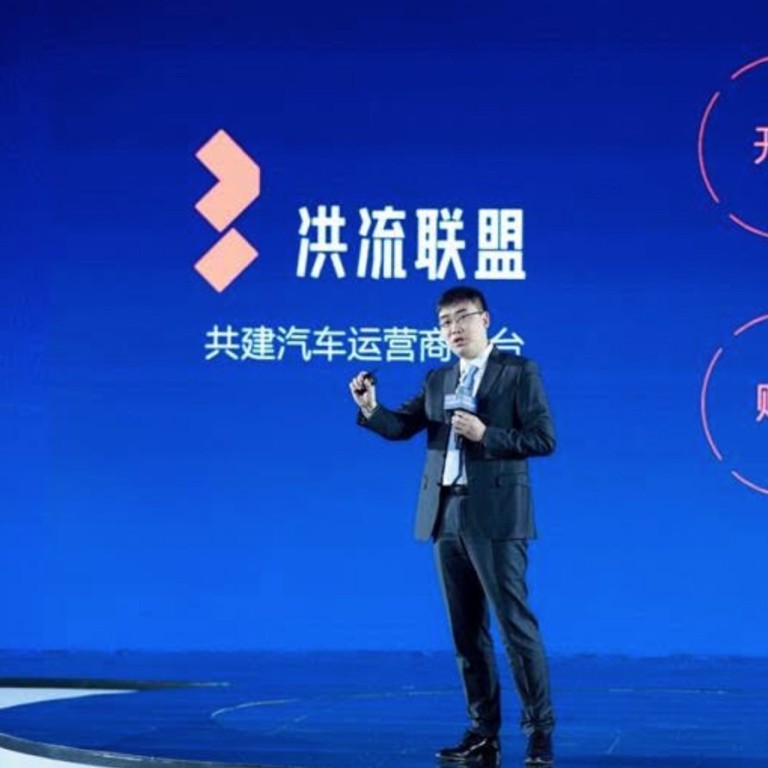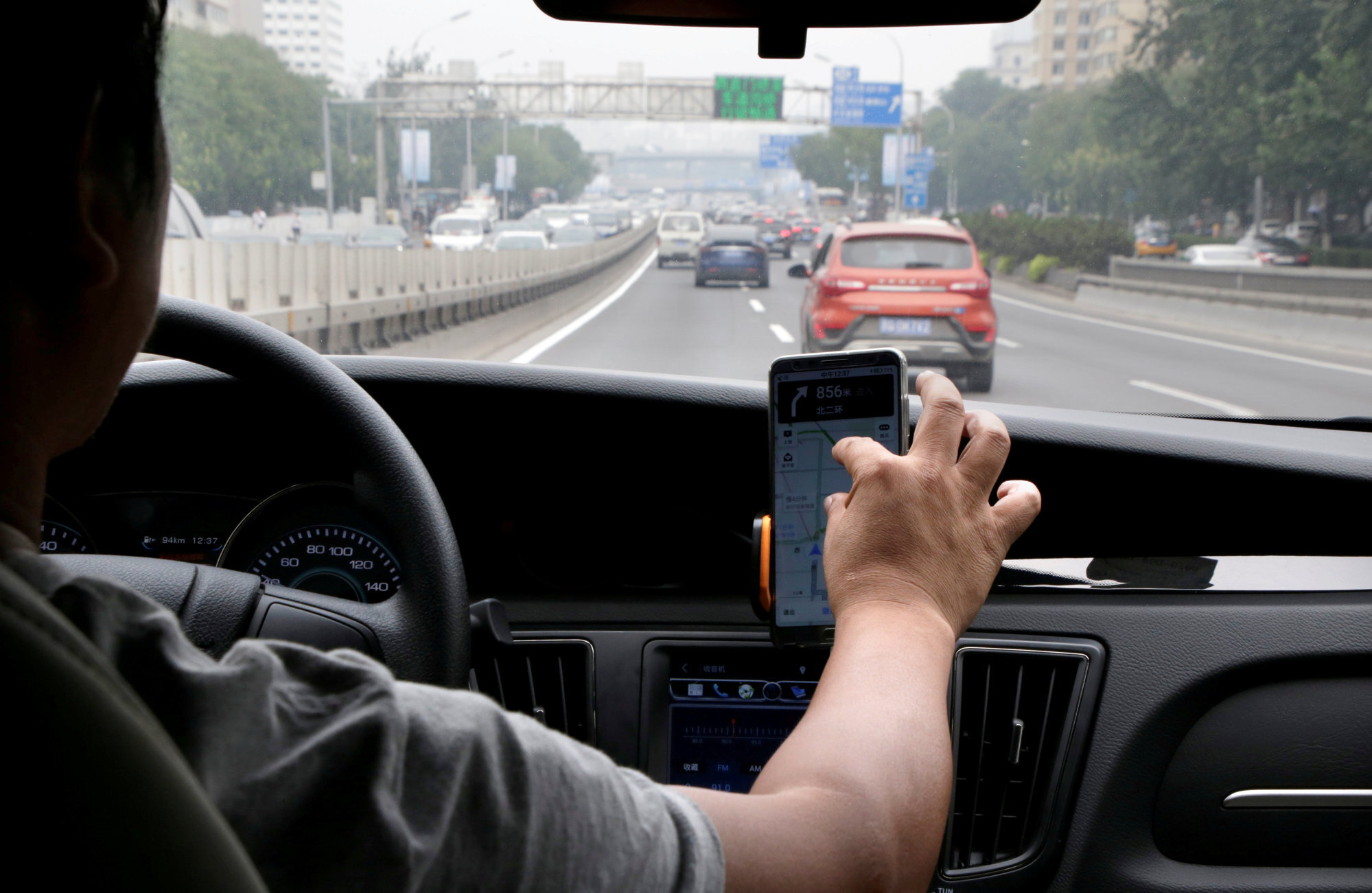
Chinese ride-hailing giant Didi Chuxing files IPO with potential Uber-beating valuation in US listing
- The company – backed by Asia’s largest technology investment firms, SoftBank, Alibaba and Tencent – did not reveal the size of the offering
- The size of the Didi’s offering could be a blockbuster as its post-money valuation hit US$62 billion following its latest fundraising round in 2019
Filing under its formal name Xiaoju Kuaizhi, Didi did not indicate which US exchange it plans to list or the size of its offering. The company, which initially filed confidentially in April, is still considering a listing between the New York Stock Exchange and Nasdaq, a person familiar with the matter said.
The Beijing-based company has been thinking about raising US$10 billion from the share offering, which could potentially value the firm at up to US$100 billion, Reuters previously reported, citing sources familiar with the matter.
At that valuation, Didi Chuxing would surpass Uber, which had a market capitalisation of US$92.7 billion as of Thursday’s close in New York. Didi’s stock market flotation also would be the biggest Chinese share offering based on IPO size since 2014, when Alibaba raised US$25 billion in its US listing.
In addition to a US IPO, Didi may pursue a secondary listing in Hong Kong in the future, according to a person familiar with the matter. The US listing could happen as soon as July, Reuters reported.
It is one of several Chinese tech unicorns seeking to go to market on American bourses even as Beijing and Washington tussle over a variety of issues, including Hong Kong, Taiwan and human rights. Chinese unicorns considering or pursuing US listings include ByteDance’s Chinese short-video platform Douyin, Ant Group-backed bike-sharing giant Hello Inc and Tencent-backed online education firm Huohua Siwei.

In 2020, Didi’s revenue slumped to 141.7 billion yuan (US$22.2 billion), a 8.4 per cent decline from 154.8 billion yuan in 2019, as the coronavirus pandemic lead to lockdowns and slowed travel last year.
The company reported a net loss of 10.7 billion yuan for full-year 2020 and losses in the prior two years, but reported a profit of 196 million yuan in the first quarter.
Didi is the dominant player in ride-hailing in China, a market that could reach US$3.9 trillion by 2040, according to China Insights Industry Consultancy.
The company also operates in 14 international markets outside China and has 493 million annual active users, as well as 15 million annual active drivers, according to its filing.
Goldman Sachs, Morgan Stanley, JPMorgan and China Renaissance are acting as underwriters on the offering.
Additional reporting by Reuters


